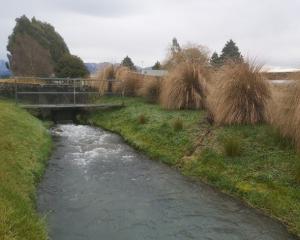
The number of Airbnbs on the West Coast has doubled in the past three years, from 452 to 861, according to the team drafting rules for the new Te Tai o Poutini combined district plan.
Of those, 629 are entire home rentals, with the largest numbers at Franz Josef, Hokitika, Punakaiki and Westport.
"We have heard from many communities about how this is impacting local towns on the West Coast and we would really like to get their feedback on how they think it should be managed so we can make the right decisions on their behalf," project manager Jo Armstrong said in a statement today.
One of the main concerns had been the impact on rental properties.
"Community feedback in some smaller settlements is that this has resulted in increased prices for longer term rental accommodation and a housing shortage so that workers, older adults and young families can't move into a community."
Where short-term rentals made up a big proportion of the housing in places like Punakaiki, people had complained they had reduced the community's size, school rolls, and volunteer fire brigades, Ms Armstrong said.
Some issues had also been raised with noise from short-term rentals with "party houses" and holidaying behaviour, parking, traffic and pressure on water systems.
There were two options available for regulating Airbnbs, Ms Armstrong said.
One was to make them a restricted discretionary activity with no resource consent needed, but to control use by restricting guest numbers to five and a maximum use of 180 days a year.
"Restricting the number of days per year of use for short-term rentals has been identified as a key way to reduce the impact on the longer-term rental market.
"Typically Airbnbs on the West Coast sleep up to five people, and this is a normal 'carload'. If someone wanted to have more people, or more days of rental, a more complex resource consent would be required and public notification would be possible."
The second option was to make Airbnbs, other unhosted visitor accommodation and homestays a permitted residential activity.

That option would substantially reduce the regulatory requirements for residential visitor accommodation, Ms Armstrong said.
"Prior notification to the district council and Building Act compliance certification would still be required but no other approvals would be needed from the council."
A questionnaire and more information about the proposed new rules for Airbnbs and other residential development is available on the TTPP website, in the 'have your say' section.
- Lois Williams, Local democracy reporter












